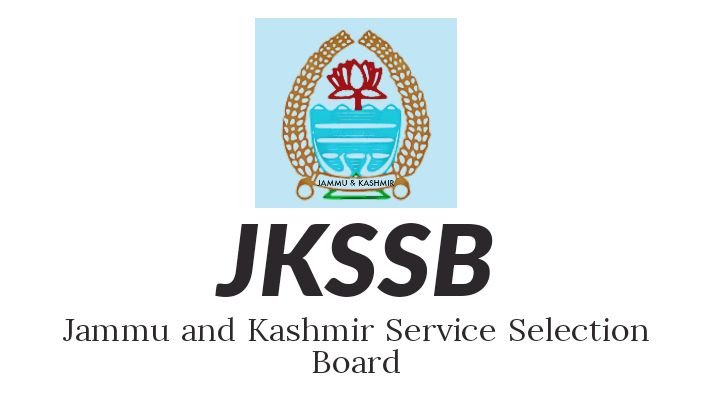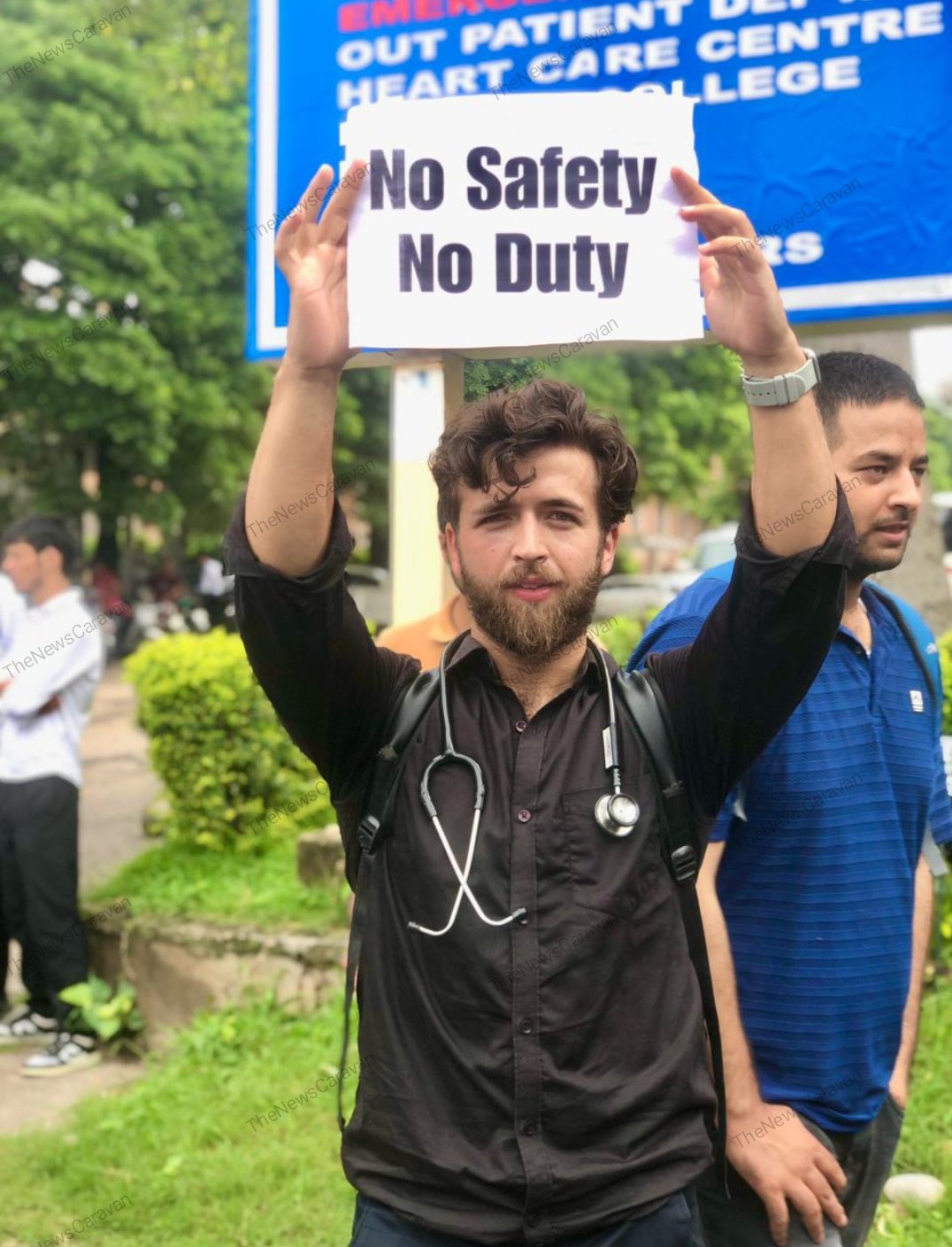[ad_1]
I am writing this from Egypt, having completed a chaotic, two-day journey from Khartoum with my husband, children, sister, aunt, cousins and dozens of other people from across the world. The sound of gunfire and shelling is gone. We are safe. But this is no thanks to the UK government or British embassy in Sudan, both of which totally failed us. We are safe because we took matters into our own hands.
Nothing prepares you for the sound of war, which started echoing around us on the morning of Saturday 15 April, as fighting broke out between the Sudanese armed forces and the paramilitary Rapid Support Forces. We were based in the suburbs of Khartoum and had access to electricity, running water and wifi. Some of my friends and family were not so lucky; their homes were damaged or even destroyed. Heavy fighting at the main airport meant trying to escape that way was futile.
At first the plan was to look after those in the worst of it, grabbing whoever we could during the pockets of quiet around iftar at dusk, and bringing them to the safety of our home. Then we had to think about saving ourselves. Artillery was landing in the garden and none of the ceasefires seemed to be holding for more than a couple of minutes.
I am a dual-national, British and Sudanese, and my husband and children are British citizens – so we contacted the embassy. We were told it was not possible for the person we had reached out to in Sudan to pass on our details to the Foreign, Commonwealth and Development Office for data protection reasons. So we were advised to ask someone do this on our behalf from the UK. A kind friend in London spent all day with copies of our passports and pins of our locations – and that seemed to work. Several days later we got an email confirming we had been registered, but that there was no plan: we were to just stay indoors and not to reply to the email as it was not monitored.
Slowly but surely it became apparent that the British response wasn’t working. News that the UK ambassador, his deputy and other senior staff were out of the country didn’t help: our lives were in the hands of a group of people who thought that during a period of rising tensions it would be fine for the embassy’s senior staff to have some R&R.
In the days that followed, friends texted me sounding thrilled, as the headlines were giving the impression that we would be rescued in hours. In reality we knew nothing, and were getting automated text messages asking us to fill out the same form that we’d already filled out. Some friends joined a UN convoy that was heading to Port Sudan where boats to Jeddah in Saudi Arabia were running. It was chaotic, but they made it. Meanwhile, those “remain indoors” texts were discouraging Britons from joining the convoy.
The final straw for us came on Saturday 22 April when Dutch, French, Italian and Greek citizens – not diplomats – were informed they would be flown back home from an airstrip in Khartoum (this happened on the Sunday and Monday, as the Eid ceasefire was coming to an end). We called the British consulate one last time, wondering if this meant we would be flown out too. We were told in no uncertain terms there were no plans for evacuation, despite what all these other countries were pulling off. Embassy staff and their families were the lucky beneficiaries of the UK’s “complex and rapid evacuation” – as Rishi Sunak put it on Twitter – while ordinary British nationals were left to fend for themselves.
So we felt we had no choice but to book seats on a private bus with friends and family, and make the long drive north to the Egyptian border. We set off late morning on Sunday. My husband, kids and I each carried a small backpack with food that quickly perished in the roasting heat.
We drove past tanks, fires and large groups of soldiers. Men with machine guns got on board the bus twice on our way out of the capital. Outside Khartoum things progressed more quickly and we zoomed up the road. For the first time in over a week, time passed without the sound of bullets and bombs. We went past everything I love about Sudan: palm orchards, sweeping rivers and thousands of people that deserve so much better than any of this.
We drove through the night and reached the Egyptian border on Monday. But crossing proved difficult. Visas had to be pre-approved and my sister in London frantically arranged ours from there. We ended up spending the night at the border, sleeping outside until the sun rose. Phone calls were coming from those still in Khartoum, Sudanese and British alike, saying the gunfire was getting worse. I felt intensely grateful to be lying on the pavement, surrounded by those I cared about, safe at last.
Many of our party were denied entry, including some British citizens – the British government again seemed to have made no effort to help its citizens get safe passage to Egypt despite its close ties with the country. On Tuesday morning we started heading for the city of Aswan, and hoped to be flying back to London soon.
You’re hearing a lot about the British government and the coherence of its evacuation plan. Don’t believe a word of it. At the time of writing, its people are stuck in Port Sudan, waiting for a ship. According to the latest headlines, amid a “fragile truce”, the government will finally begin evacuating British nationals from Khartoum today. I’ll believe it when I see it.
At the border, a final ping came from the FCDO telling me to stay indoors and asking me to fill out that form for the sixth time. This time I replied: “Fuck you.”
[ad_2]
#finally #Sudan #family #safe #British #government #Leila #Latif
( With inputs from : www.theguardian.com )










